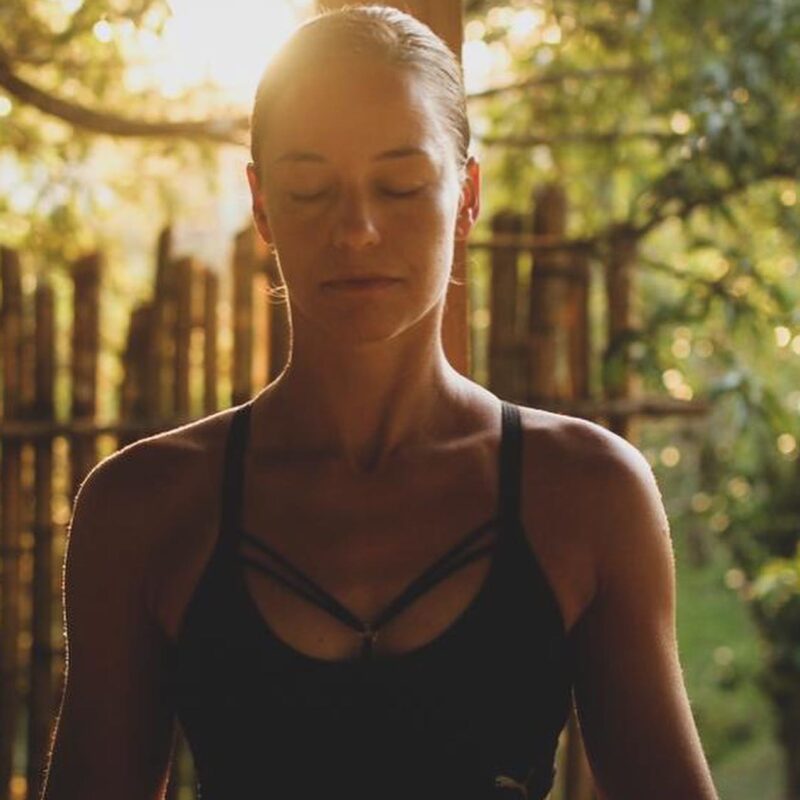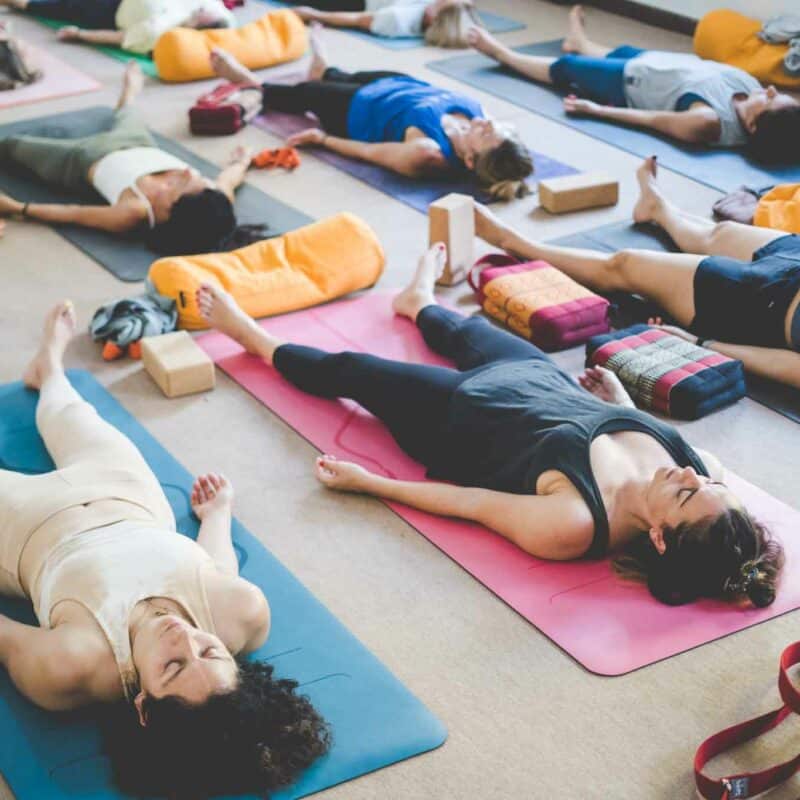Why do we need Self Care? What really is it?
And how to practice it for yourself
“Self Care” seems to have been a bit of a buzz-phrase this past couple of years. We all take care of ourselves, right? We bathe and moisturize, we clean our teeth, we try to eat well and take plenty of exercises?
I must admit when I first heard this term “Self Care” I did a little roll of my eyes, thinking oh god, this is the next thing that is going to be marketed to death. Some big companies are going to start telling me I need to buy this product and that product in order to take better care of myself and thus find happiness……. until they think of the next thing my life lacks and try to sell me that.
But the truth is, I didn’t really understand what Self Care was; why I needed it; or how to practice it for myself until it was too late. Fresh out of Yoga Teacher Training and still working part-time in a law firm, I was spreading myself super thin.
I took the over-achieving attitude from my time as a lawyer in my new life. I was teaching as many classes as physically possible, even if that meant running from one side of London to the other, after having worked in an office in a mentally demanding job all day.
For a while, I managed it all, but eventually, something had to give. I was exhausted; burnt out; totally uninspired in my yoga practice and teaching. I was also experiencing pain in my body like I never had before. I needed to take better care of myself. Cue developing my own Self Care practice.
Why do we need Self Care?
Our lives are busier than ever before. Many of us are juggling hectic schedules involving demanding work, long hours, and high expectations from those who employ us. Long commutes, social commitments, family life, housework, etc, can all add up to feeling like there are not enough hours in the day. It is harder than ever before for many people to make ends meet and these pressures can feel like they are never-ending.
On top of this, we add information overload (that so many of us suffer from without even realising) as a result of being “connected” to the world and everyone in it 24/7 via our smartphones and other devices. This can add to feeling overwhelmed and time-poor as we try to keep up with the ever-increasing pace at which information finds its way into our lives.
When I asked one friend why she needs/practices Self Care, she replied succinctly, “to maintain my sanity”.
So, what is Self Care?
In a recent conversation on this subject, a fellow yoga teacher and friend said to me that face masks and bubble baths only get you so far (although those things are lovely which can and should be practiced as part of a regular self-care routine 😉 ). Her point was that these things only deal with the superficial layer of our being. We might feel relaxed and refreshed for a short while, but it’s never a long-lasting effect.
When we talk about Self Care on a deeper level, we are talking about nourishing the whole of our being: mind; body; and soul. In most cases, it means carving out time and space to focus on what is important to the individual; to you.
This is where the discipline comes in. It can often be easy to forego the time you have put aside for yourself to meet the needs of others. This is when we should remind ourselves of that well-known phrase “You cannot pour from an empty cup. Take care of yourself first”.
If you are someone that gives a lot to others, your self-care practice might involve doing things that replenish spent energy; things that re-ignite your passion and nourish you from the inside out. Sometimes, the simple act of saying that you are going to put yourself first can be an act of Self Care.
How to practice Self Care
Here’s the good news! There are so many ways to practice self-care. For some, it might take the form of solitude and silence and for others, it might involve practicing yoga and chanting. As humans we are all different and unique, so no two Self Care routines will ever look or feel exactly the same.
The trick is not only to find what works for you, but also what you can realistically commit to, and allocate time for. It doesn’t need to be a whole day once per week. It might be 30 minutes, a couple of times per week. Or it could just be taking 5 minutes away whenever you feel the need.
Here are a few suggestions you might like to try:
Saying No
This is a big one. Sometimes it can take a great deal of strength (especially if you are someone who likes to please others) to say no. But if you’re feeling like the last thing you want to do is commit to another appointment, date, whatever – politely decline the offer and instead use the time to do something that will recharge your batteries.
Take a break from your phone
Turn it off. I’ve started doing this on Sundays. I turn it off on a Saturday evening and I try not to turn it back on again until the evening or Monday morning. If I go out, I leave it behind.
What I’ve noticed is that I’m so much more present with my immediate company and environment rather than being tempted to check in with what is happening elsewhere. Being separate from your phone will also give your mind space from information overload as referenced above.
Creating space and take time out
This could take many different forms. One friend told me how she likes to schedule appointment-free days where she doesn’t have to take a look at the clock. During this time you might practice some gentle yoga such as Yin or Restorative.
You might draw or journal. Or simply light a candle and sit in meditation. Allow yourself this guilt-free time where you can do the things you love doing. Try not to allow yourself to spend the time feeling bad about your to-do lists. Remember, you are affording yourself this time out so you can get back to all of those things with a sense of refreshed energy.
Spend time in nature
Many studies are now being carried out on the healing powers of nature. From personal experience, my view is that connecting with the natural world has the ability to calm and restore our central nervous systems.
Walking barefoot and making a direct connection to the planet through your skin allows the body to receive the electro-magnetic frequency, known as the Schumann Resonance, which is the same as our human resonance. Go for a walk, or lay down onto the grass.
Do something different
How does the saying go? A change is as a good as a rest. Sometimes we get so stuck in our everyday routines that we go onto autopilot. This can result in becoming less present within our day to day lives, as we can do the tasks at hand with our eyes closed. In other words, we begin to live on auto-pilot. Change something. Take a different route to work; change up your exercise routine; or perhaps try a new way of moving your body. As you do this, see what you notice.
These are just a few suggestions to inspire you to find what works for you. Try some of these suggestions, or come up with your own way of nourishing the depths of your Self, depending on your very unique set of needs and circumstances.
Remember…
Resting and relaxing isn’t a waste of a day or an afternoon. It’s taking the much deserved time that you need to recoup; regroup; and renew. Nothing in nature goes at 100 miles per hour all of the time, so why should we think that we need to do just that? For me, Self Care is a non-negotiable part of my life. If I want to continue to help others in my work, my own cup must be re-filled on a regular basis.
I would like to thank fellow yoga-teachers, students, friends and Instagram followers for sharing their insights and personal definitions of what a self-care routine means to them and how they bring this into their own busy lives.



